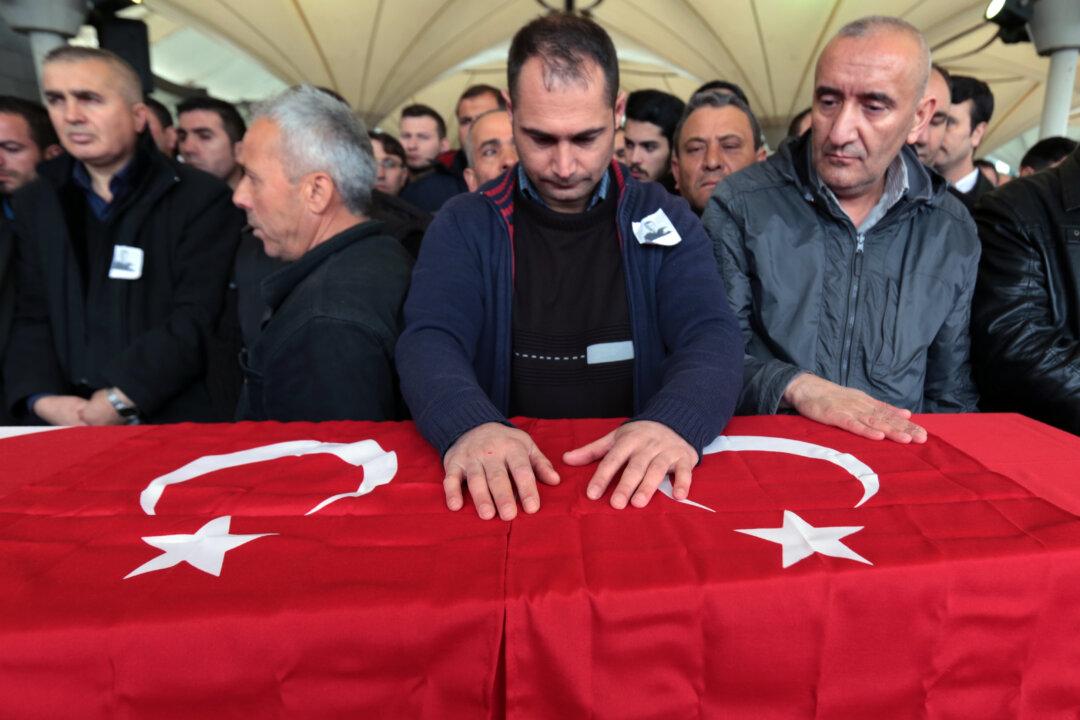Hours after Ankara was rocked by the second bomb attack in less than three weeks, killing at least 37 people and injuring 70 others, Turkish jets bombed PKK bases in the Qandil Mountains deep inside the Kurdish region of Iraq.
Turkish security officials told reporters that two suspects in the bombing had ties to the Kurdistan Workers party (PKK)—although it is not yet clear whether one of the attackers whose body is said to have been found at the scene is either of these people.
But the fact that responsibility for the bomb attack in the Turkish capital on Feb. 17 was claimed by the militant group TAK (Kurdistan Freedom Falcons) has clearly increased government suspicion that the same Kurdish group is behind this attack.
The official line in Turkey is that the TAK is an affiliate of the PKK—and so eventual responsibility lies with them. The PKK has always denied its affiliation with TAK—but, in any case, Turkey considers the group to be the main Kurdish threat and the Kurdish question to be the biggest problem for state security.
Despite this, it’s worth exploring the identities and motivations of the different players in what is clearly a complex and increasingly violent security situation in Turkey.
PKK: Long-Term Struggle
The PKK’s origin dates back to the early 1970s student radicalism in Ankara but it was formally established in Diyarbakir in 1978. It defined itself as a national liberation movement and fought a guerrilla campaign in the rural areas of the Kurdish regions of Turkey between 1984 and 1999. The conflict has cost the lives of 45,000 people and caused huge socio-economic devastation in the region.
The PKK has been the dominant Kurdish organization in Turkey since the early 1980s. Its founding leader Abdullah Ocalan has been serving a life sentence in a Turkish prison since 1999, but he remains the main figure in the movement and, as such, was involved in a peace dialogue with the Turkish government. In his absence, the group is spearheaded by a collective leadership based in its headquarters in the Qandil Mountains.
Currently, the PKK advocates the recognition of Kurdish identity in Turkey and autonomy and language rights for the Kurds.
There was a significant reduction in PKK violence after Ocalan’s 1999 arrest brought about a significant ideological transformation. But it continues to have a 5,000-strong guerrilla force in the field and has carried out many attacks against state security forces in the past decade, including roadside bombs and ambushes.


